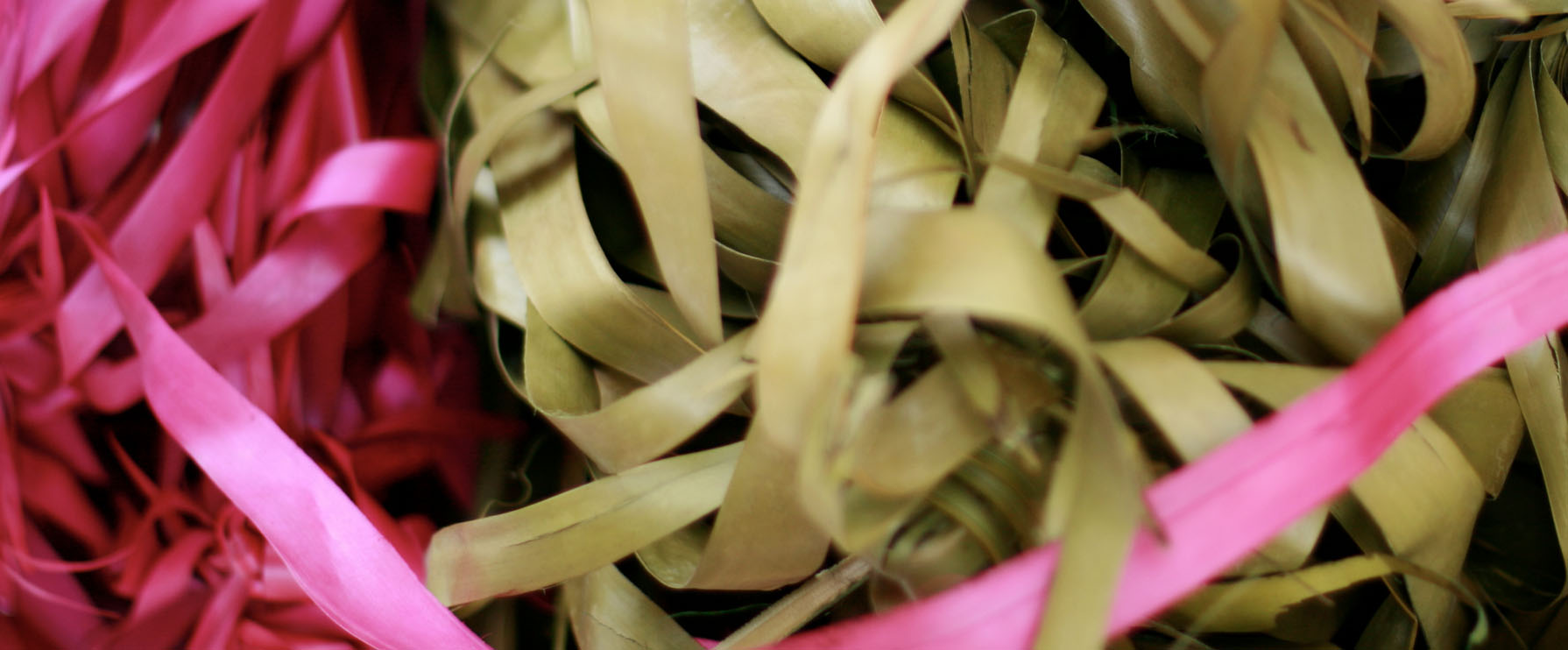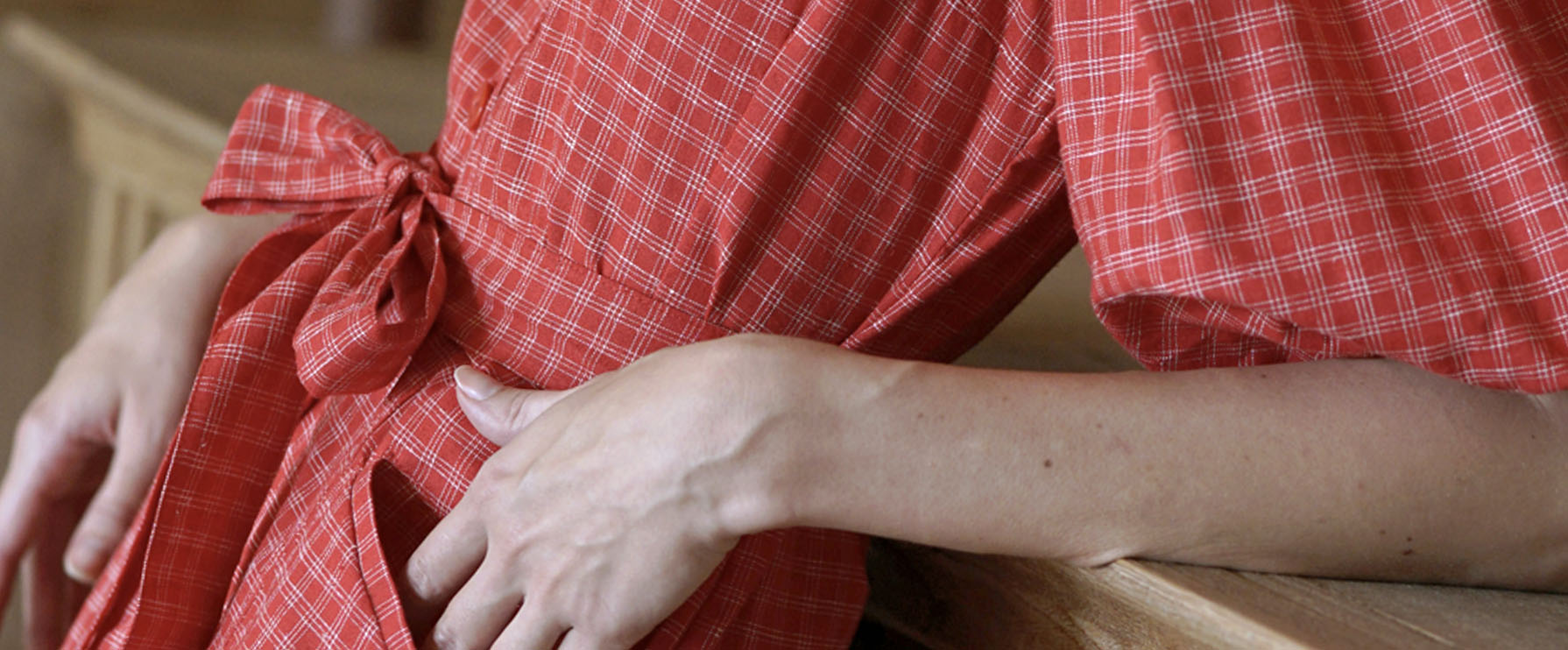SUSTAINABILITY
"Nature nurtures us,
therefore it’s paramount for us
to treat it respectfully."
BrunnaCo is deeply rooted in Balinese culture and tradition. For Balinese people, nature is the source of life. Nature nurtures us, therefore it’s paramount for us to treat it respectfully. We believe that nature is something mystical that evokes peacefulness and establishes balance in life. Based on this belief, every design & creating process starts with admiration towards our natural resources, the idea of preserving, and giving back to our environment. Only selected plant-based and responsible materials are considered into our creative process; namely, natural straws & fibers, bamboo, organic fabrics, upcycled, recycled, and dead-stock materials.

.
RESPONSIBLE MATERIALS
Jute FiberJute is a fast-growing fiber that is extracted from the Corchorus plant, which is also known as the “golden fiber” as it generally golden-brown in color with a natural luster. It originated in India and has been grown on farms for centuries. Jute can be harvested every 4 to 6 months and requires little to no use of pesticides or fertilizers. It’s a beautiful material, extremely durable, and it biodegrades and decompose naturally.
Pandan Leaves
Pandan fiber comes from the Pandanus plant, that is known for its nostalgic fragrant aroma. It’s grown widely throughout Southeast Asia and South Asia, and is suspected to have originated from the Moluccas (Maluku), Indonesia, where the only known flowering specimen was found. In South East Asia, Pandan leaves are used as both an ornamental, culinary, and medicinal plant. For crafting purposes, Pandan leaves are boiled to remove the sap before dried up in the sun. Pandan leaves have great flexibility and can be naturally dyed.
Lontar Palm Leaves
Lontar palm, or also called “Palmyra palm”, is a kind of evergreen tree that keep their foliage the whole year round. In Bali and many islands in Indonesia, the Lontar palm’s trunk, which can grow to 30 meters high and to a thickness of about 90 cm is commonly hewn for beams and posts; its branches are commonly cut for walls and fences; and its broad leaves are woven into baskets, water vessels, fans, and hats. This palm is native to India, Sri Lanka and Malaya peninsula. In the old days, its leaves were formerly used as paper (Lontar) in Indonesia, hence the common name Lontar palm.
Atta Stems
Atta or “Lygodium Circinatun”, or alsocommonly known as “Ketak” in Lombok, Indonesia, is an evergreen, scrambling, climbing fern with a short, creeping rhizome. The plant is gathered from the wild for the use as food and medicine. The stems are used as tying material and are very popular in South East Asia for making traditional baskets and bags.
Mendong Grass
Mendong is a type of water grass that abundantly grows in Java island, Indonesia. It’s an evergreen plants that can quickly grow and harvested every 3 to 5 months. Mendong plants hardly needs irrigation system nor additional chemical treatments as they naturally grow on community land across Java island.

Linen is one of the most biodegradable and stylish fabrics in fashion industry. It’s strong, quick-drying, naturally moth resistant, and made from flax plant fibers. Linen is made from the inner stalk fibers of the flax plant, that is extremely versatile. Every part of the flax plant has traditionally been used to create a worthwhile product - nothing is wasted. Flax is resilient and can grow in poor soil without fertilizers or pesticides, using far less water in its consumption than cotton. This means it is a renewable resource, one that is fast growing and can be produced without damaging the environment. Fun fact about linen, it actually lowers our carbon footprint. One hectare of flax can take 3.7 tonnes of CO2 out of the atmosphere. Linen is also biodegradable and recyclable. Pure natural linen can start to decompose in just two weeks. To speed up the decomposition process, make sure to cut it into small pieces.
According to the European Confederation of Linen and Hemp, “Across its lifecycle, a linen shirt uses 6.4 liters of water”. Because of the laborious time it takes to produce linen yarn, and the manual processes that have to be undertaken, linen has become a higher-priced commodity and considered among many to be a luxury fabric.
Hemp Fabric
Hemp is a natural plant fiber from the stems of the Cannabis plant. In terms of sustainability, hemp is the least harmful to the environment. The hemp crop requires little water to grow and replenishes soil nutrients to help improve soil health. It is also biodegradable and is one of the stringer textile fabrics. What’s more, hemp fabric offers insulating, anti-radiation, and anti-bacterial properties. Hemp, when processed, feels similar to cotton (though the finish is a bit rougher). It also feels lighter and dries more quickly. This sustainable fabric is highly resistant to pilling or forming small balls of fluff on the surface. Hemp is also highly breathable and allows the passage of moisture from the skin to the atmosphere, keeping us cool in different climates and warm weather.
Bamboo Fabric
Did you know that bamboo is actually a type of grass? It’s a type of fast growing grass that has made its mark as an “eco-crop”. Some species can grow up to 2 inches an hour, or up to 1.5 meter each day! Bamboo can be easily sustained and maintained, and requires no fertilizer and self-regenerates from its own roots - so it doesn’t need to be replanted.

ECO FRIENDLY PACKAGING
We source our eco poly bags, and mailer packagings from Better Packaging Co. Better Packaging Co. designs revolutionary, customized packaging solutions for the new economy - a circular economy in which generating waste is not an option and the earth’s resources are not treated as infinite. Besides that, we also source our packaging bags from Indonesia’s Avani Eco. Avani Eco is provides a full range of sustainable packaging and hospitality products made from renewable and natural ingredients that are fully compostable.

